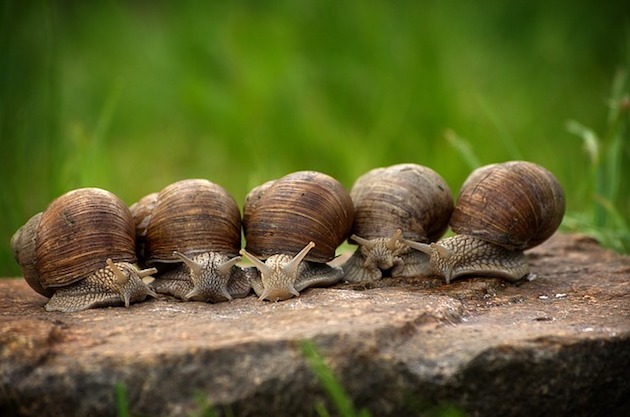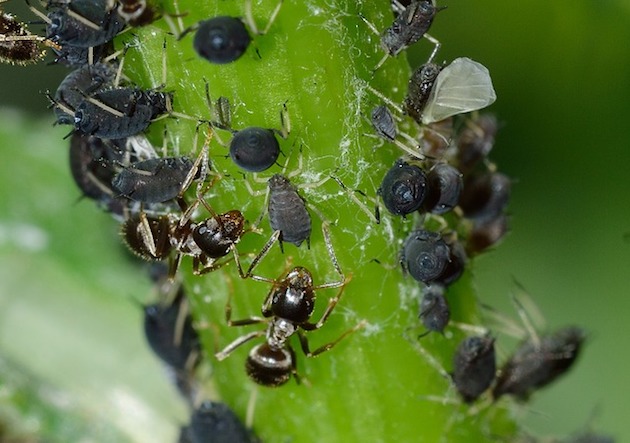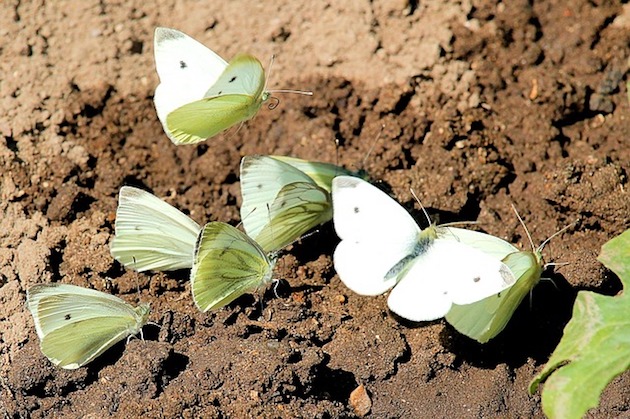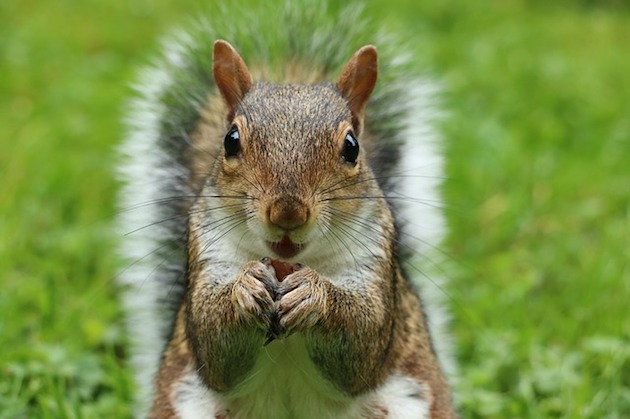Seeing your garden completely ruined by common garden pests is an utterly devastating sight. Most of the time it happens almost overnight. This is why it’s so important to carry out proper garden pest control. Once you’ve found outdoor pests, you have to identify them to be able to control them.
Most common pests in the garden may not be pests at all. Around 95% of wildlife in the garden are actually beneficial and harmless. The bests gardens are full of life. This perfect balance is beneficial to reducing the amount of pests found in the garden.
So how do you control common garden pests? Using natural and preventative measures is the easiest and most cost effective way. Here we are going to explore a run down of the most common garden pests found in the UK.
Assorted Common Garden Pests
Aphids
Aphids, also known as plant lice or greenfly, are among the most destructive common garden pests in our region of the world. These tiny insects form huge colonies, and wreak havoc on your garden. Aphids are a sap eating insect, and will feed on just about any plant they land on. Their saliva is also toxic to plants, and aphids often transmit diseases.
If your plants are being affected by aphids, you will see them turning yellow, with curling leaves and stunted growth. Encouraging ladybirds in the garden can help to control aphids, because they are a natural predator of the species. Plus ladybirds will leave your plants alone. You can also invest in a good organic insecticide to control aphids.
Birds
Although you may not think of birds as a common garden pest, they can be quite meddlesome to the keen gardener. Birds can destroy a garden, especially when there is freshly planted seeds or seedlings about. Investing in bird netting is great for keeping birds away. You can place netting around new plants, and raise it as they start to grow.
Cabbage White Butterfly
Surely butterflies aren’t considered a common garden pest? In fact, it’s not the butterfly that’s the problem, but the eggs they lay. The caterpillar of the cabbage white butterfly can cause extensive damage to plants. They will strip the leaves, and tunnel into the roots. These butterflies lay their eggs on the underside of leaves, and once they hatch the caterpillar will start to eat right away.
To stop caterpillars destroying your garden, be vigilant in removing caterpillars and their eggs. Check under all leaves for yellowish eggs, and encourage predatory birds and insects into your garden to eat the eggs.
Cutworms
Cutworms love vegetables and plants. If you grow cabbages, tomatoes or peppers in your garden, cutworms could be your arch nemesis. These worms feed on the roots and stems of plants, and in mid to late summer, the entire plant will wilt or get cut off at the base. Cultivating your soil by hoeing and weeding will prevent your plants from being attacked by cutworms.
Rodents
Mice, squirrels, voles, moles and rats are all a nuisance in the garden. They are easily prevented with the right rodent control techniques. Mice and voles will be active all year. Any germinating seeds are at risk of being attacked, as well as plant stems, tree bark and stored produce.
Rats in particular will eat anything they can find. Compost heaps are particularly attractive to rodents. Using rodent traps or introducing a cat will discourage rodents in the garden. Barriers can also be used that emit multi-frequency noises for rodent prevention. Clearing away garden clutter and blocking any prime nesting spots, such as in long grass or underneath porches, will also work well.
Slugs and Snails
Every garden suffers from the presence of the most common garden pests: slugs and snails. Controlling this menace is an ongoing battle for gardeners, and it’s impossible to be completely free of them.
At night time is when slugs and snails are most active. They damage foliage, roots, stems and bulbs. Slugs and snails destroy foliage faster than the plants can grow. It’s a very messy business getting rid of them, but there are some effective methods. Copper barriers, beer traps and slug pellets will have an impact. Encouraging birds and frogs into the garden as natural predators will also keep the population at bay. Because they are so active at night, you want to go searching with a torch and remove them yourself.
Don’t let your garden be ruined by these common garden pests. Empire Pest Control have 24/7 extermination available for London residents, so we can save your garden from pests. Remember that deterring garden pests is always better than the cure, and to call in the professionals if you have a serious pest control problem in your home or business.







Leave a Reply